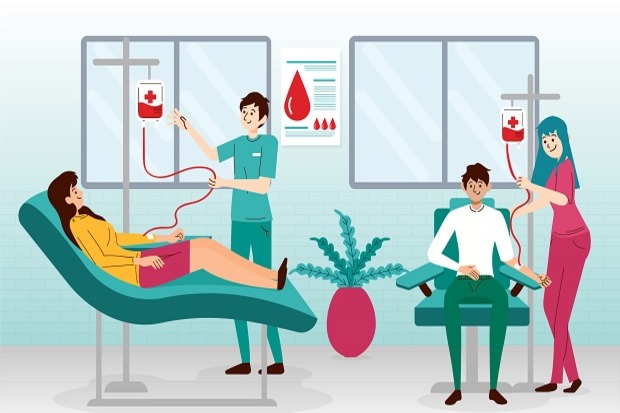Introduction
In our fast-paced lives, it's easy to overlook the importance of regular health checkups. However, these routine appointments play a fundamental role in preserving your well-being and ensuring early detection and prevention of potential health issues. In this article, we'll explore the significance of regular health checkups, the benefits they offer, and why they should be a non-negotiable part of your healthcare routine.
- Early Detection of Health Issues
- Preventive Care and Immunizations
- Monitoring Chronic Conditions
- Health Education and Lifestyle Counseling
- Establishing Baseline Health
- Reducing Healthcare Costs
- Peace of Mind
- Personalized Care
- Improved Quality of Life
Regular health checkups provide an opportunity for healthcare professionals to identify health problems in their early stages. Many conditions, such as hypertension, diabetes, and certain cancers, often show no noticeable symptoms until they reach an advanced stage. With regular checkups, potential issues can be identified and treated before they become more severe.
Health checkups are the gateway to preventive care. During these appointments, healthcare providers can discuss and administer immunizations, vaccines, and screenings tailored to your age, gender, and specific health risks. Preventive care is vital in averting a wide range of diseases and conditions.
For individuals with chronic conditions like diabetes or hypertension, regular checkups are essential for monitoring and managing these conditions effectively. Routine evaluations can help adjust treatment plans as needed to maintain optimal health.
Health checkups are an excellent opportunity to discuss your lifestyle and health habits with a healthcare provider. They can offer guidance on diet, exercise, stress management, and more, helping you make informed choices for a healthier life.
Regular health checkups provide baseline health data that can be invaluable in future assessments. By regularly monitoring your health metrics like blood pressure, cholesterol levels, and body mass index (BMI), healthcare providers can identify trends and potential risks.
Early detection and preventive care can significantly reduce long-term healthcare costs. It's less expensive to prevent or manage a health issue in its early stages than to treat it after it has progressed.
Regular health checkups can offer peace of mind, knowing that you are taking a proactive approach to your health. By staying up-to-date with your healthcare, you can enjoy a sense of security in knowing that you're doing everything you can to maintain your well-being.
Your healthcare provider can tailor their recommendations and advice based on your individual health history and risk factors. This personalized approach ensures that you receive the most relevant and effective healthcare guidance.
Regular checkups and preventive care can lead to a better quality of life. Detecting and managing health issues early can help you stay active, maintain your independence, and enjoy a higher level of well-being.
Conclusion
Regular health checkups are not an option; they are a necessity for maintaining and safeguarding your health. By staying proactive about your healthcare, you can catch potential issues early, receive personalized care, and enjoy a higher quality of life. Don't wait for symptoms to appear—schedule your next health checkup and prioritize your well-being today. Your health is your most valuable asset, so invest in it wisely through regular checkups and preventive care.
.pdf%20300X60%20PX-02-02.svg)



